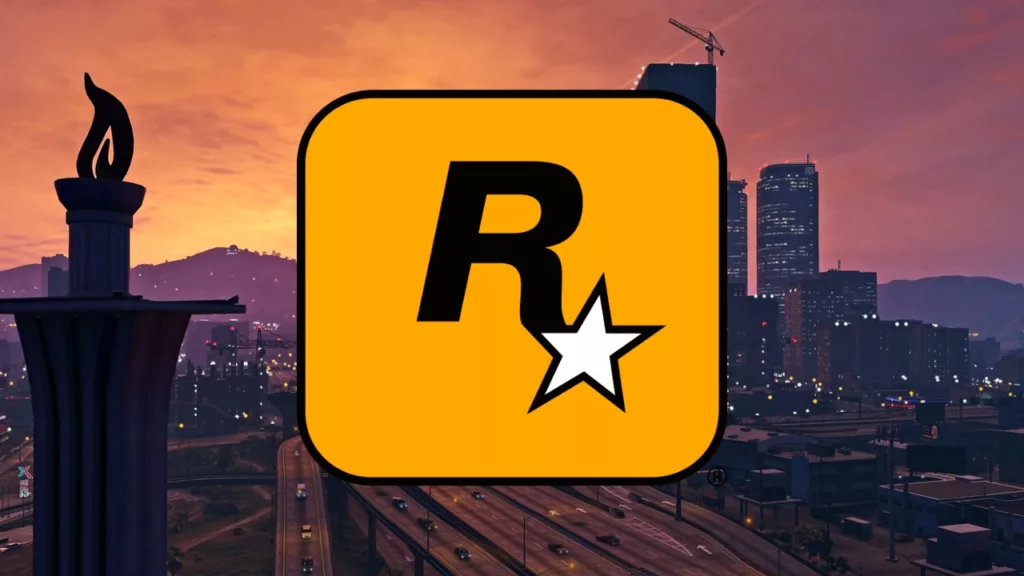In an era where technology evolves at breakneck speed, the legacy of Windows 7, a beacon of innovation and fond memories for many, is drawing to a close.
Dubbed “God’s own operating system” by its legion of admirers, Windows 7’s journey towards obsolescence has been cemented with the decision by gaming giant Rockstar to discontinue support for the platform.
This move signals a definitive end to an era, as users are nudged towards the newer Windows 10 and 11 for their digital endeavors.
Nostalgic Farewell to a Beloved OS
Windows 7, alongside its less celebrated successor, Windows 8, has held a special place in the hearts of users, particularly for its role in gaming history. For some, it was the gateway to iconic titles like Planescape, Baldur’s Gate, and Vampire: The Masquerade – Bloodlines, offering a blend of reliability and performance that few other operating systems could match.
Its Aero themes, a visual hallmark of the Windows 7 experience, remain a futuristic memory for many, even as we step into the year 2024. This affection for Windows 7 challenges even the fond recollections of Windows XP, its formidable predecessor known for its steadfast reliability.
The gradual phasing out of Windows 7 and 8 has been underway for some time, with official Microsoft support ending last year and platforms like Steam withdrawing compatibility. Rockstar’s recent update to its Games Launcher, which explicitly removes support for Windows 7, 8, and 8.1, is just the latest in a series of departures from the aging operating systems.
The announcement, buried within a patch note detailing minor bug fixes and improvements, marks the end of an era for gamers who have long relied on Windows 7 for their virtual adventures.
The Bittersweet Evolution of Technology
As we bid farewell to Windows 7, it’s hard not to feel a sense of loss for the simpler times it represents. For those who grew up toggling between applications on Windows 98, the decline of Windows 7 evokes a poignant reminder of the transient nature of technology.
Each update and phase-out feels akin to watching a chapter of one’s youth conclude, reminiscent of a favorite band retiring from the tour scene.
Yet, for all the nostalgia surrounding Windows 7, its successor, Windows 8, elicits little more than a desire to forget. Its Metro UI, an attempt to marry desktop functionality with tablet aesthetics, was widely criticized and remains an unwelcome experiment for many.
As we move forward, the legacy of Windows 7 serves as a reminder of the relentless march of progress. It challenges us to adapt, to embrace the new while honoring the past.
The evolution from Windows 7 to the sleek, modern interfaces of Windows 10 and 11 is not just a technological upgrade but a reflection of our own growth and change. As we navigate this transition, we carry forward the memories of a system that was, for a time, the very best of what technology could offer.
